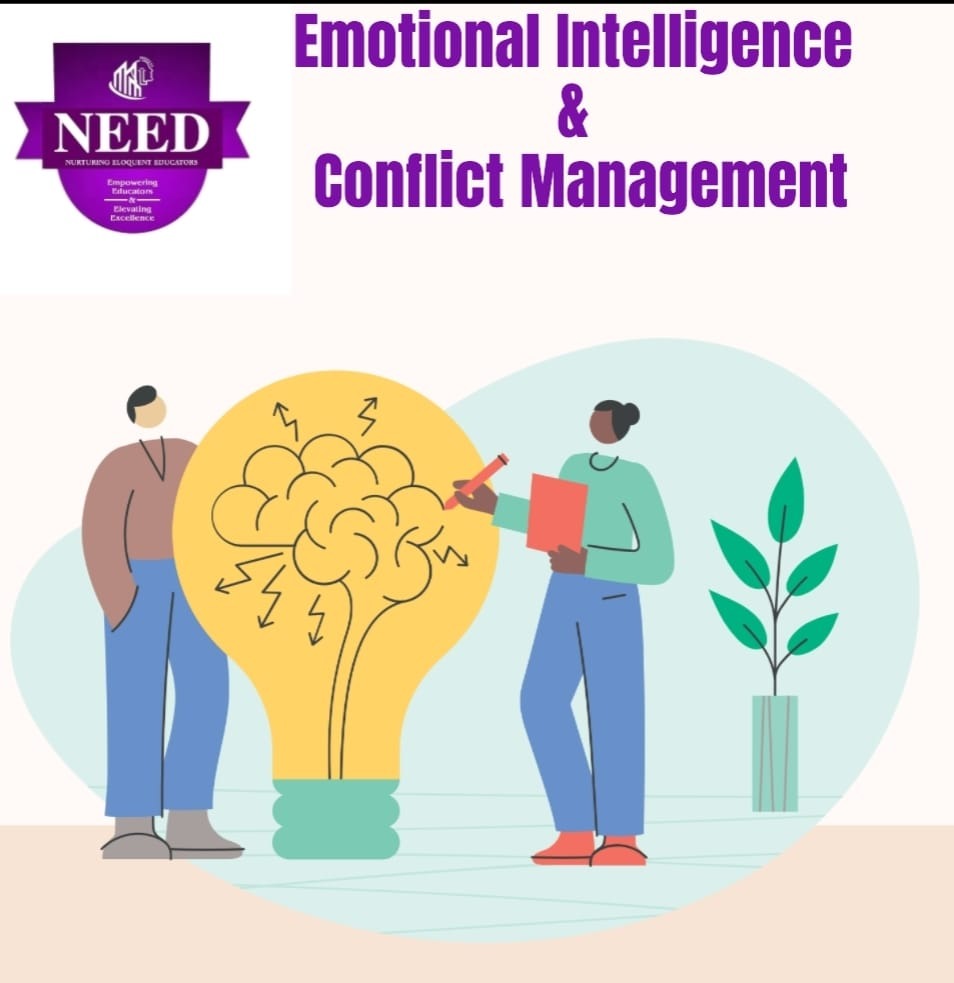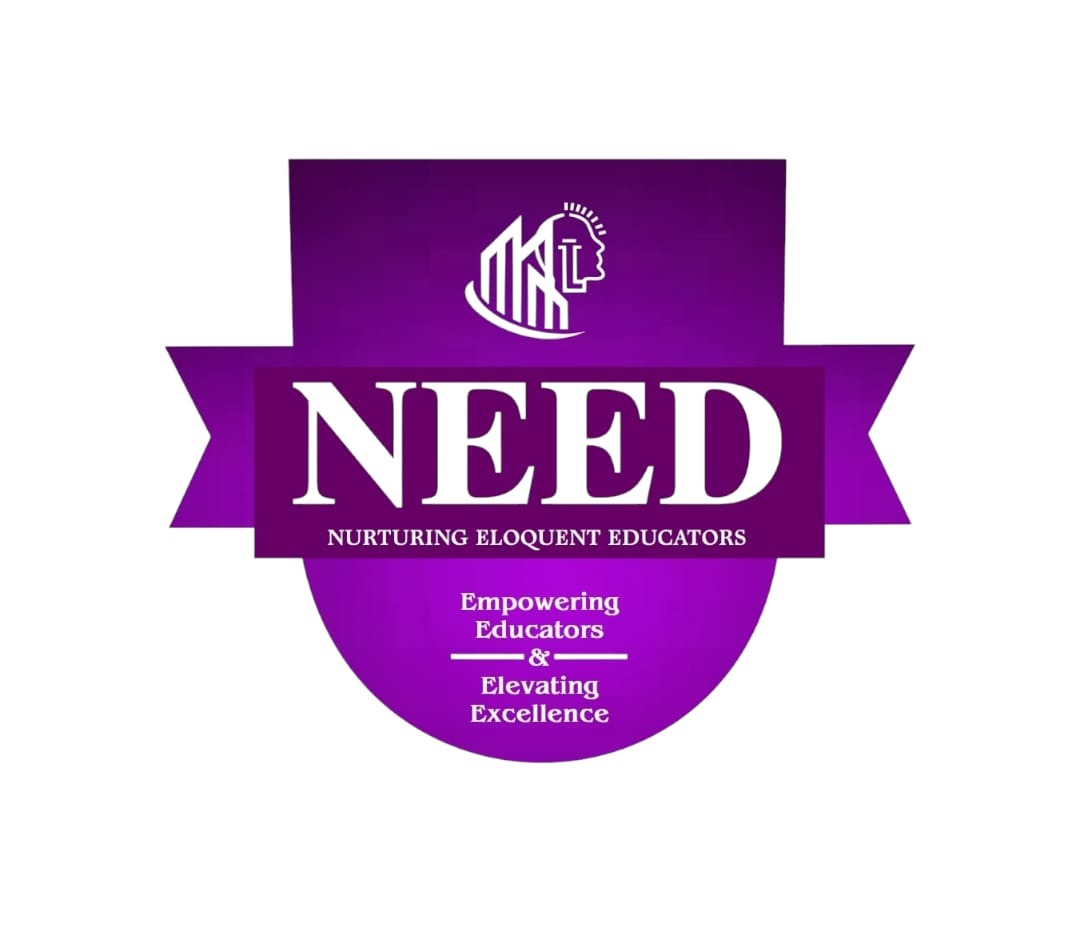There are no items in your cart
Add More
Add More
| Item Details | Price | ||
|---|---|---|---|
Master conflict resolution with emotional intelligence
Instructor: Nurturing eloquent educatorsLanguage: English
Conflict and disagreements are a natural part of everyday life as there is not enough of what everyone wants to go around. Conflict occurs over money, goods, services, power, possessions, time, and much more.
If something exists and more than one person wants or needs it, there is a potential for conflict to occur.
Conflict occurs all the time - at home, at work, between individuals, in teams, in groups, in tribes and between nations. Where there are people, there is conflict. This is underpinned by how people are using their emotional intelligence.
Some disagreement and conflict is inevitable as this where learning, creativity, and understanding occurs. It is not that conflict occurs that is the issue, it is how it is managed.
This course is about proactively working together with others in ways that will help you to communicate more efficiently as you work with them to understand and work with differences that lead to conflict. In addition, the skills, processes and tools taught in this course can bring value to other aspects of your life.
Negotiating and resolving conflict requires good use of emotional intelligence - your ability to balance your emotional needs with your thinking. Managing conflict involves using skills such as rapport, empathy and listening.
Conflict modes and styles are reviewed looking at the strengths and liabilities of each. You get the chance to complete a questionnaire that will give you an insight to the mode / style that you prefer to use in conflict situations. Completing this practical activity will enable you to identify ways to reframe and defuse conflict, creating more productive outcomes and results.
The course, also, covers flexibility and how you use behavioural preferences around working with time. Your flexibility and adaptability underpins how you work with change and can have a profound impact on others that could lead to conflict.
By completing this course, you will be able to
Identify what conflict is about and how people react to conflict
Recognize why some conflict is to be expected and why it is a part of healthy relationships
Compare and contrast the various modes that can be used in conflict resolution
Assess your own mode of conflict and how this helps or hinders you in working with conflict
Explain how emotional responses differentiate from rational responses in conflict
Determine your behavioural preferences around managing and working with time and how they impact upon your flexibility
Develop strategies for dealing with conflict and have some ideas about how to resolve difficulties
Discover how emotional intelligence is used to resolve conflict and build emotional bonds
This course is a standalone course for anyone interested in understanding how to manage, work with and resolve conflict. It compliments other courses that explore emotional intelligence in more depth.
You'll receive all the information that you need and will be coached using loads of practical hints that you can use straight away.
The course is made up of a series of lectures, quizzes, and contains comprehensive course notes.
There are eight interactive exercises that involve some activity with other people and some reflection. These are:
Working with Conflict
Exploring Conflict and What it Means
The Rules of Assertiveness
Managing Toxic Situations
Chimp Reactions and Human Emotions
The Thomas-Kilmann Conflict Mode Assessment
Assessing and Focusing on How you Use your Time Preference
Reviewing your Learning
Conflict and disagreements are a natural part of everyday life as there is not enough of what everyone wants to go around. Conflict occurs over money, goods, services, power, possessions, time, and much more.
If something exists and more than one person wants or needs it, there is a potential for conflict to occur.
Conflict occurs all the time - at home, at work, between individuals, in teams, in groups, in tribes and between nations. Where there are people, there is conflict. This is underpinned by how people are using their emotional intelligence.
Some disagreement and conflict is inevitable as this where learning, creativity, and understanding occurs. It is not that conflict occurs that is the issue, it is how it is managed.
This course is about proactively working together with others in ways that will help you to communicate more efficiently as you work with them to understand and work with differences that lead to conflict. In addition, the skills, processes and tools taught in this course can bring value to other aspects of your life.
Negotiating and resolving conflict requires good use of emotional intelligence - your ability to balance your emotional needs with your thinking. Managing conflict involves using skills such as rapport, empathy and listening.
Conflict modes and styles are reviewed looking at the strengths and liabilities of each. You get the chance to complete a questionnaire that will give you an insight to the mode / style that you prefer to use in conflict situations. Completing this practical activity will enable you to identify ways to reframe and defuse conflict, creating more productive outcomes and results.
The course, also, covers flexibility and how you use behavioural preferences around working with time. Your flexibility and adaptability underpins how you work with change and can have a profound impact on others that could lead to conflict.
By completing this course, you will be able to
Identify what conflict is about and how people react to conflict
Recognize why some conflict is to be expected and why it is a part of healthy relationships
Compare and contrast the various modes that can be used in conflict resolution
Assess your own mode of conflict and how this helps or hinders you in working with conflict
Explain how emotional responses differentiate from rational responses in conflict
This course is a standalone course for anyone interested in understanding how to manage, work with and resolve conflict. It compliments other courses that explore emotional intelligence in more depth.
You'll receive all the information that you need and will be coached using loads of practical hints that you can use straight away.
The course is made up of a series of lectures, quizzes, and contains comprehensive course notes.
There are eight interactive exercises that involve some activity with other people and some reflection. These are:
Working with Conflict
Exploring Conflict and What it Means
The Rules of Assertiveness
Managing Toxic Situations
Chimp Reactions and Human Emotions
The Thomas-Kilmann Conflict Mode Assessment
Assessing and Focusing on How you Use your Time Preference
Reviewing your Learning
Determine your behavioural preferences around managing and working with time and how they impact upon your flexibility
Develop strategies for dealing with conflict and have some ideas about how to resolve difficulties
Discover how emotional intelligence is used to resolve conflict and build emotional bonds.
Recognize why some conflict is to be expected and why it is a part of healthy relationships. Compare and contrast the various modes that can be used in conflict resolution. Assess your own mode of conflict and how this helps or hinders you in working with conflict. Explain how emotional responses differentiate from rational responses in conflict.
PLEASE NOTE - This course is NOT for you if you are not prepared to work through the exercises that make up a fundamental part of the course. Conflict cannot be managed just by watching the video lectures. It requires you to do some reflective thinking, to get some feedback and to discuss your development with others. I'm afraid that you won't get the best from the course unless you are prepared to do this.
There are SEVEN practical activities included within the course that are designed to help you understand conflict management. They will indicate to you how you can improve working with conflict and develop your emotional intelligence in the workplace. All of them require you to engage with your team and do some work outside of the course.
This course is being continually refined and updated to ensure it remains current and relevant.
The course contains a series of Lightbulb Moments resource cards, which have been created to provide you with handy reminders of key points around topics covered within the course.
All PDFs can be completed online and are Section 508 / ADA Accessibility compliant.
PDFs are available in English and in French.
All videos are high definition recorded in 1080p.
All videos have grammatically correct English captions.
Latest update - January 2025
Learn live with top educators, chat with teachers and other attendees, and get your doubts cleared.
Our curriculum is designed by experts to make sure you get the best learning experience.
Interact and network with like-minded folks from various backgrounds in exclusive chat groups.
Stuck on something? Discuss it with your peers and the instructors in the inbuilt chat groups.
With the quizzes and live tests practice what you learned, and track your class performance.
Flaunt your skills with course certificates. You can showcase the certificates on LinkedIn with a click.
Drop us a line to get the conversation started. need@needucators.com
NEEDs Community
https://whatsapp.com/channel/0029VazOvS90wajjTuzvas1G
© Copyright 2018 Company Name


